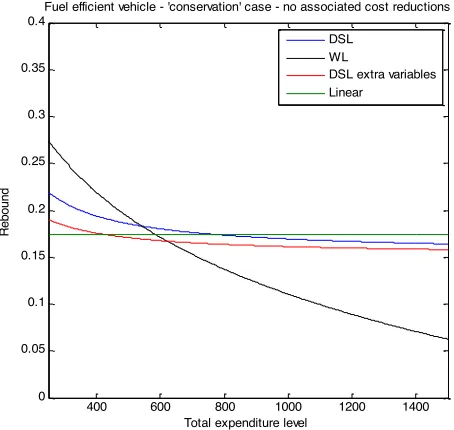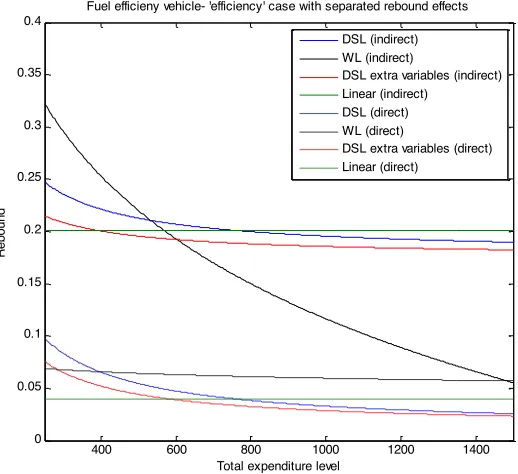Income dependent direct and indirect rebound effects from ’green’ consumption choices in Australia
Full text
Figure




Related documents
As part of the review and optimization of government structures and bodies, the Secrétariat aux affaires intergouvernementales canadiennes has initiated the reorganization of Québec’s
An integrated systems analysis approach was used to analyze hydro-climatic trends and to assess the impact of projected climate change on the hydrological regime in the Koshi
James Greiner & Cassandra Wolos Pattanayak, Randomized Evaluation in Legal Assistance: What Difference Does Representation (Offer and Actual Use) Make?, 121 Y ALE L.J..
Under federal law, a group health plan must reduce a pre-existing condition exclusion period by the same number of days you or your dependents were covered under prior health
32.—(1) Where a designated awarding body is a relevant provider to whom section 28 applies, and the designated awarding body pro- poses to make an award in respect of a programme
Following the request made at last year’s seminar, a table of Statistics comparing for each country their National data, International events data and International athletes
Best: Bean sprouts, cauliflower, parsley, potatoes, seaweed, sunflower sprouts Small Amounts: Alfalfa sprouts, arichokes, asparagus, avocado, beets, bell peppers, bitter
The objective of this paper is to evaluate the association between the new guidelines for B.Ed. in Philosophy programs and student outcomes. To improve the quality of programs, the





